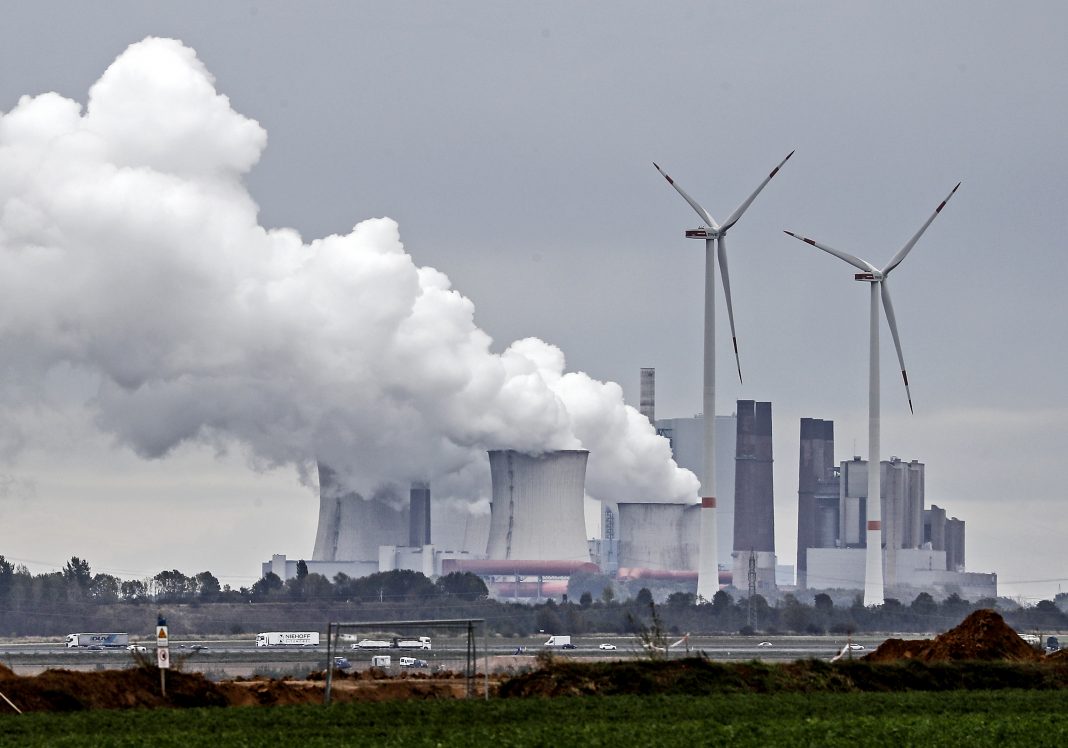Greenhouse gas concentrations hit a new record in 2020, the UN weather agency says, warning that the world is “way off track” to reach its goals for capping rising temperatures.
A report by the World Meteorological Organisation shows that carbon dioxide levels surged to 413.2 parts per million in 2020, rising more than the average rate over the last decade despite a temporary dip in emissions during COVID-19 lockdowns.
Secretary-General Petteri Taalas said that the current rate of increase in heat-trapping gases would result in temperature rises “far in excess” of the 2015 Paris Agreement target of 1.5 degrees Celsius above the pre-industrial average this century.
“We are way off track,” he said. “We need to revisit our industrial, energy and transport systems and whole way of life,” he said, calling for a “dramatic increase” in commitments at the COP26 conference beginning October 31.
Representatives from nearly 200 countries will meet in Glasgow, Scotland with a view to strengthening action to tackle global warming under the Paris accord.
The annual report by the Geneva-based agency measures the atmospheric concentration of carbon dioxide, methane and nitrous oxide, the gases that are warming the planet and triggering extreme weather events like heatwaves and intense rainfall.
The report confirmed, as expected, that the COVID-19 economic slowdown “did not have any discernible impact on the atmospheric levels of greenhouse gases and their growth rates.”
It added that early readings showed levels of carbon dioxide, the gas that makes the biggest contribution to warming, continued to rise in 2021.
Even if deep emissions cuts are made now, climate scientists say the warming trend will remain intact because past carbon dioxide emissions stay in the atmosphere for centuries.
The WMO report also flagged concerns about the ability of the ocean and land to absorb roughly half of the carbon dioxide emissions, saying that ocean uptake might be reduced due to higher sea surface temperatures and other factors.
These ‘sinks’ act as a buffer and prevent the possibility of more dramatic temperature increases.


